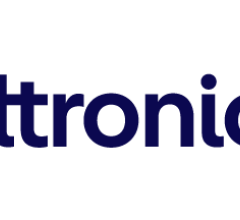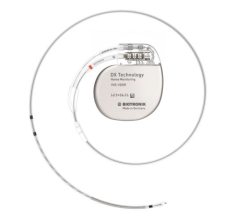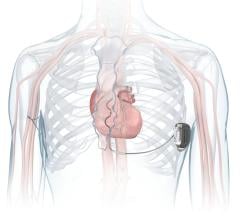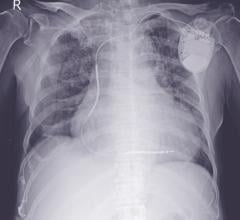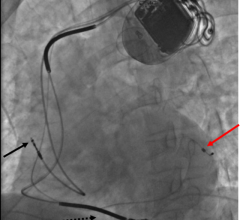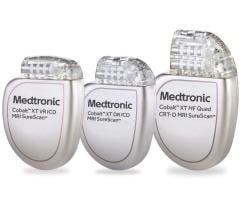April 22, 2009 – In response to the article “Association of Physician Certification and Outcomes Among Patients Receiving an Implantable Cardioverter-Defibrillator,” published in the April 22 issue of the JAMA, the Heart Rhythm Society reiterates its position on the positive correlation between electrophysiology certification and improved outcomes following ICD implantation.
The study used cases submitted to the ICD Registry, which was created by the Heart Rhythm Society and the American College of Cardiology Foundation to collect detailed information on ICD implantations to assess and improve the care of patients receiving ICDs for primary prevention therapy.
The authors compared patient outcomes based on the certification status of the implanting physician: electrophysiologist, non-electrophysiologist cardiologist, thoracic surgeon and other specialists. Overall implantations by a non-electrophysiologist were associated with a higher risk of procedural complications compared to ICDs implanted by an electrophysiologist. Patients of non-electrophysiologists were also less likely to receive a CRT-D device when indicated compared to patients of electrophysiologists.
“This important study confirms the Society’s position that trained and experienced electrophysiologists are best equipped to provide optimal care for patients who need life-saving ICD or CRT-D therapy,” said N.A. Mark Estes, president of the Heart Rhythm Society. “Specialized training enables physicians to not only implant devices with a lower risk of procedural complications, but also select the most appropriate device-based therapy for each patient.”
The analysis also examined the geographic distribution of ICD implants, and found that the majority of ICD implants performed by nonelectrophysiologists took place at or relatively near hospitals in which an electrophysiologist also implanted ICDs.
The Heart Rhythm Society strongly recommends that all physicians and credentialing bodies follow the training guidance found in the ACC/ACP/AHA/HRS Recommendations for Training in Adult Cardiovascular Medicine Core Cardiology Training (COCATS) 3: Task Force 6 Training in Specialized Electrophysiology, Cardiac Pacing, and Arrhythmia Management.
For more information: http://jama.ama-assn.org/cgi/content/full/301/16/1661, www.hrsonline.org


 January 13, 2026
January 13, 2026 

